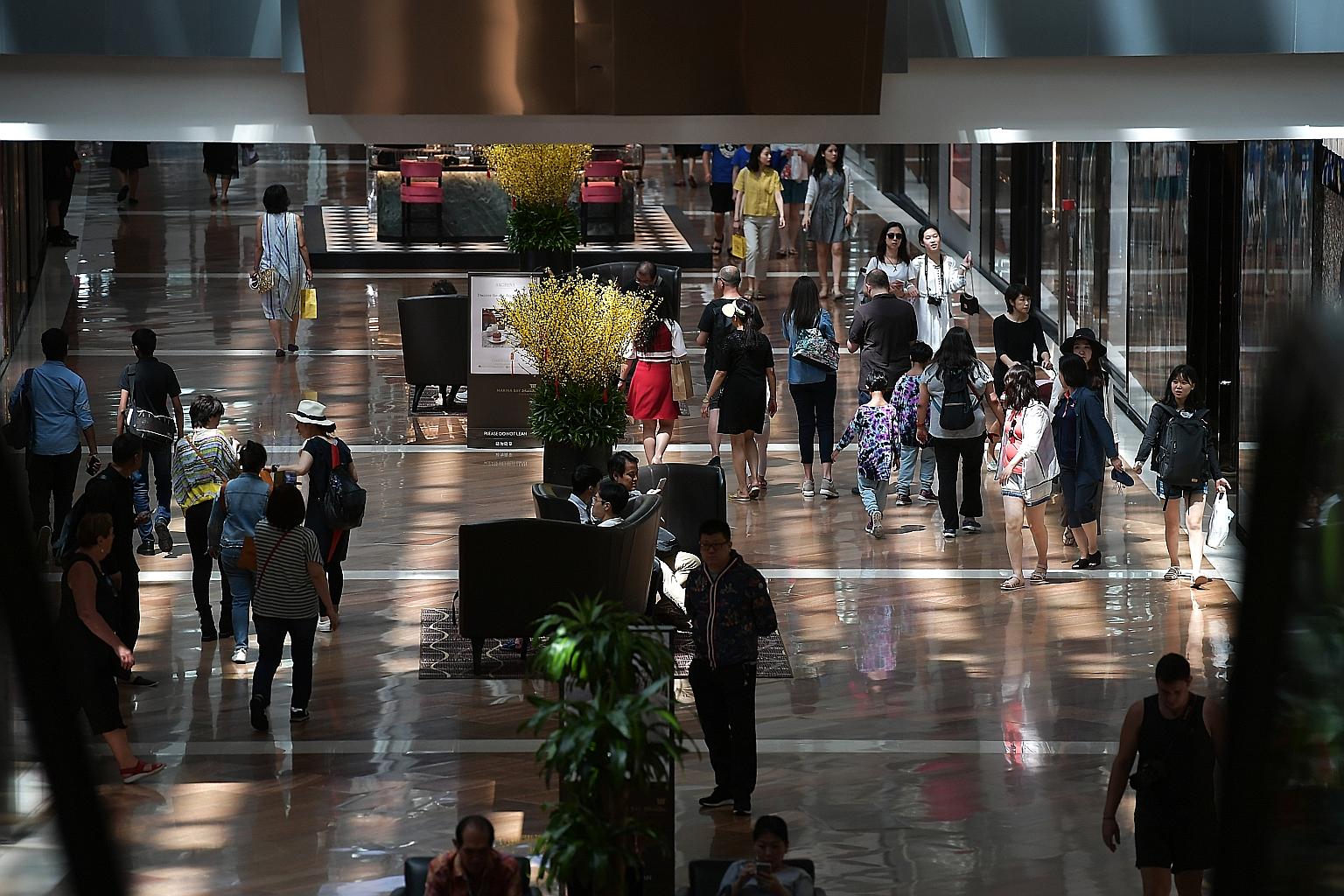Budget debate 2018
GST announcement a distraction: Low
Focus should instead be on preparing S'pore to tap opportunities in a rising Asia, he says
Sign up now: Get ST's newsletters delivered to your inbox

In Parliament yesterday, Workers' Party chief Low Thia Khiang called the announcement of the planned GST increase a distraction as it has been on the minds of many Singaporeans and businessmen.
ST PHOTO: KUA CHEE SIONG
Workers' Party (WP) chief Low Thia Khiang yesterday criticised what he called the premature announcement of the planned increase in the goods and services tax (GST).
He said it was an "unnecessary distraction" in a forward-looking Budget that largely aims to position Singapore to take advantage of economic opportunities, particularly from the rise of China.
It was unfortunate, he added, as in "looking forward too hastily" for future revenue streams, the move has caused "the Government to lose its focus in getting buy-in for the vision because it has to explain the future GST hike instead".
The GST increase will occur some time between 2021 and 2025, and since its disclosure last week, has been on the minds of many Singaporeans and businessmen.
But Mr Low argued that preparing Singapore to tap opportunities in a rising Asia led by China's growth should be the focus, together with exploiting new technologies - two major global trends that "would change the world for our children".
He dedicated the bulk of his 11-minute speech to China's rise.
In the past 50 years, Singapore thrived by making itself useful to global capitalism, especially by identifying future trends before others, said Mr Low, speaking in his last Budget debate as WP chief before the party elects a new secretary-general next month.
For instance, Singapore reaped benefits when it correctly predicted the rise of China and became one of the first countries to share its economic know-how with the Asian giant.
But with China now in the lead, the advantage may be irrelevant, added Mr Low.
This requires Singapore to figure out how it can make itself useful again, by transforming its economy, culture, human capital, diplomatic ties and interpersonal friendships between leaders and citizens on both sides.
That is not all. It also has to grapple with a new challenge: The "kinship advantage" between Chinese Singaporeans and the Chinese in China is fading fast as China modernises.
Meanwhile, some Chinese-educated Singaporeans feel "they are finally free of the feeling of inferiority", and are excited that the "so-called sick man of Asia" has fully awakened. Yet, this comes not without unease, said Mr Low, himself a Chinese-educated graduate of the former Nanyang University.
He warned that China's rise as a superpower could possibly fuel its own imperialist ambitions in the region, using its "sharp power" to compel small states to submit to its will.
"This is not far-fetched if you consider how the Japanese did just that in the first half of the 20th century," he said, adding that how China behaves will have serious implications on small states like Singapore in the near future.
Singapore should thus keep the political scenario of an imperialist China in mind while it focuses on economic opportunities arising from China's rise, he said.
"If we are not careful, and if we fail in our economic strategy to become a global Asia node, we will become the pawn on the chessboard of great power games in South-east Asia."
To grasp the economic opportunities successfully, he said Singaporeans can do two things.
One is to learn Mandarin, a suggestion that was also made by Nominated MP Azmoon Ahmad.
The other is to pick up Chinese dialects. "If one would like to connect better with the Chinese, not just rationally but also affectionately, the language to use is local dialect," said Mr Low.
He was, however, quick to add that Singapore is first and foremost a multiracial and multilingual society, and "politically at heart a South-east Asian nation".
As ethnic politics and international frictions in the region subside with time, he believes that Asean will soon become a more integrated community that can protect its interests from external dominance.


